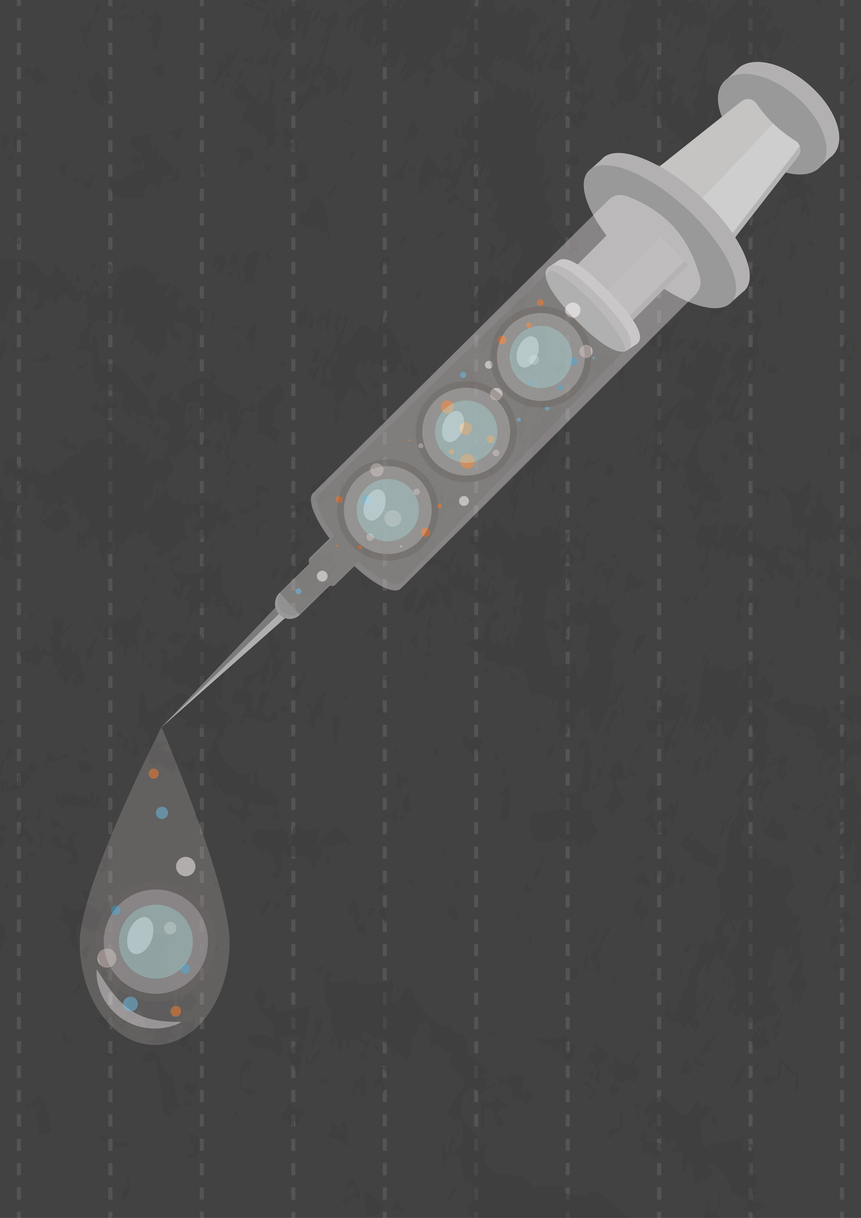Discovering a single cell that leads to relapse in Leukemia
A new research from the Abramson Cancer Center identified a rare cause for relapse in leukemia: a single leukemic cell engineered for CAR T therapy and infused back into the patient. The findings, published in Nature Medicine, showed that the CAR lentivirus that usually enters a T cell to teach it to hunt cancer ended up binding with a leukemic cell. The presence of the CAR on the leukemic cell may have given that cell the ability to hide from the therapy by masking CD19, the protein that CARs target to kill cancer. Leukemic cells without CD19 are resistant to CAR T therapy, so this single cell led to the patient’s relapse.

CAR T therapy, developed by researchers at the Perelman School of Medicine and Children’s Hospital of Philadelphia, modifies patients’ own immune T cells, which are collected and reprogrammed to potentially seek and destroy the patients’ cancer cells. Once they are infused back into patients’ bodies, these newly built cells both multiply and attack, targeting cells that express CD19.
“In this case, we found that 100 percent of relapsed leukemic cells carried the CAR that we use to genetically modify T cells,” said the study’s lead author Marco Ruella,an assistant professor of hematology-oncology. “This is the first time in hundreds of patients treated at Penn and other institutions that we’ve observed this mechanism of relapse, and it provides important evidence that steps in the delicate and complex process of engineering personalized cells can play a role in patient outcomes.”
The patient, a 20-year-old who received CAR T cell therapy as part of a Penn-sponsored clinical trial, entered the trial with very advanced leukemia that had relapsed three times previously. After receiving the modified T cells, the patient had a complete remission for nine months before relapsing. This study comes on the heels of another case which showed essentially the opposite situation—a patient went into remission thanks to a single CAR T cell that reproduced and fought off chronic lymphocytic leukemia (CLL).
“We learn so much from each patient, in both success or failure of this new therapy, that helps us improve these still-developing treatments so they can benefit more patients,” said senior author J. Joseph Melenhorst, an associate professor of pathology and laboratory medicine and a member of Penn’s Center for Cellular Immunotherapies. “This is a single case, but is still incredibly important and can help us refine the intricate processes required for manufacturing CAR T cell therapy to ensure the best chance of long-term remissions.”
Source:
penntoday.upenn.edu/news


Leave a reply
You must login or register to add a new comment .